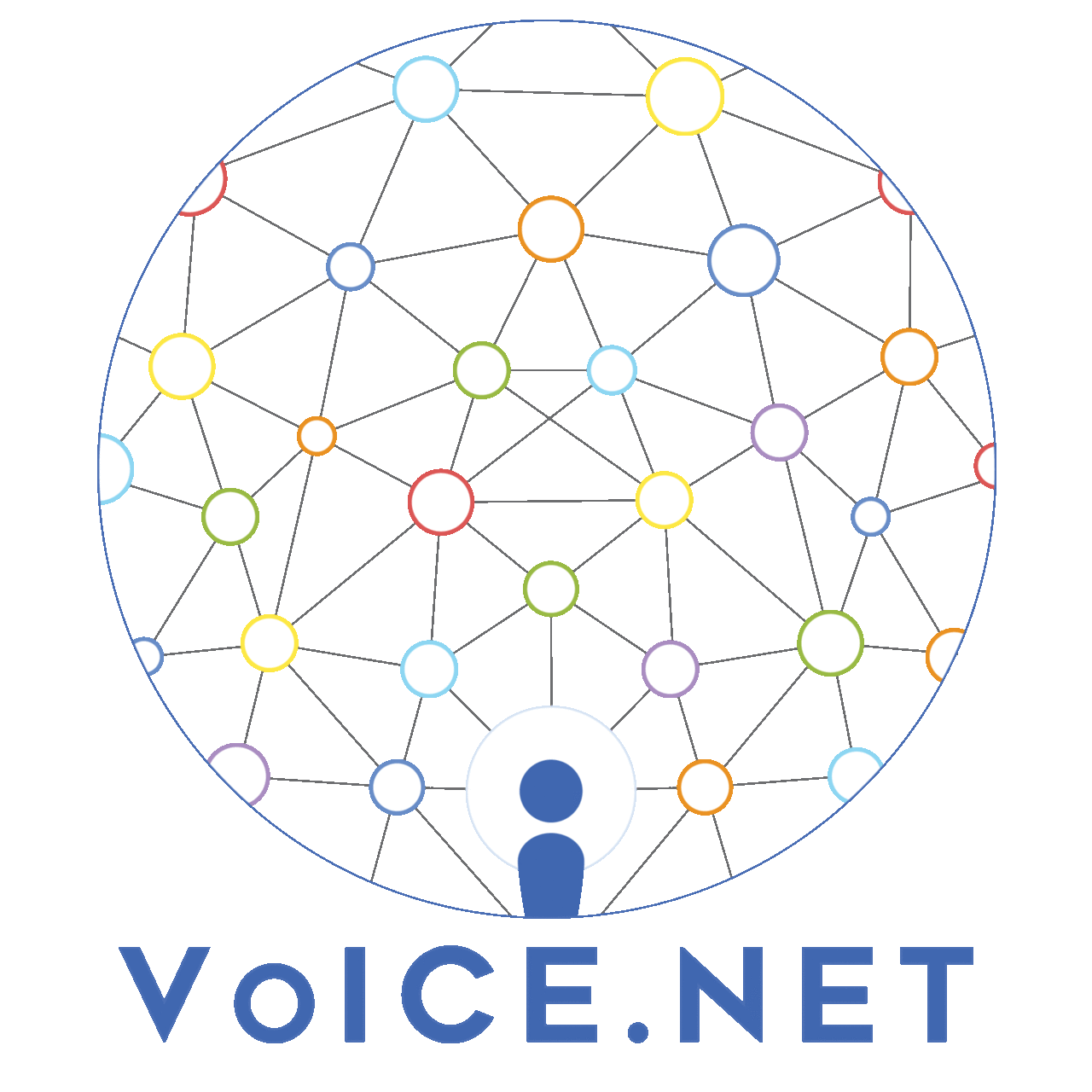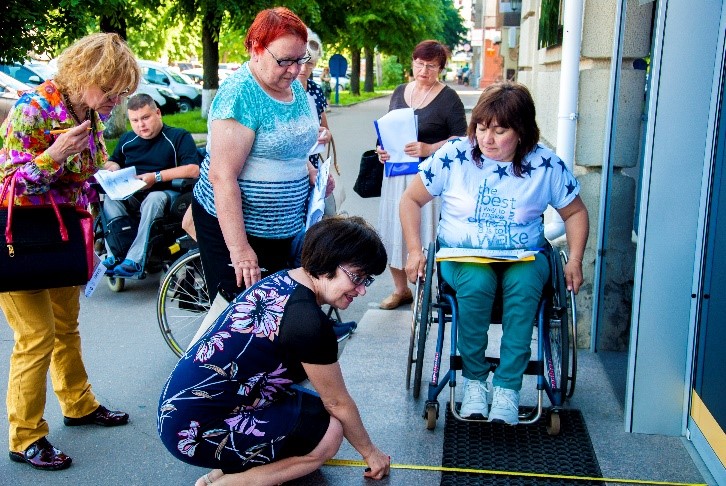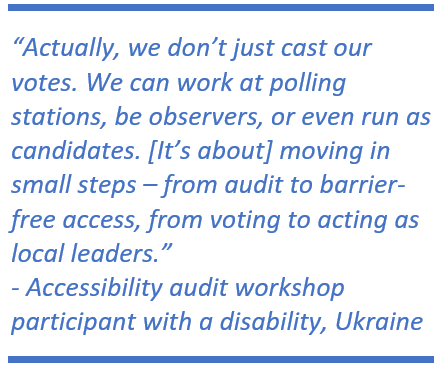
Global Knowledge Network On Voter Education - learning from each other
The World Health Organization estimates that 15 percent of the world’s population has a disability. Although the United Nations Convention on the Rights of Persons with Disabilities (CRPD), an international treaty ratified by over 95 percent of UN member states, calls for all parts of the electoral process, including voting, to be made accessible, persons with disabilities encounter numerous barriers while exercising their rights. Physical barriers such as inaccessible polling stations are common in many countries, yet most election management bodies (EMBs) do not have the expertise to identify and mitigate these barriers. Auditing polling stations for accessibility provides the opportunity for disabled people’s organizations (DPOs) and other stakeholders to collect data on polling station access and make recommendations on critical updates to ensure all citizens have access on Election Day. Participating in an audit can also empower women and men with disabilities as leaders in their community.
 In 2016, the National Assembly of Persons with Disabilities (NAPD), a Ukrainian DPO, conducted the first audit of polling stations for accessibility in Ukraine’s Poltava region with the support of the International Foundation for Electoral Systems (IFES). The audit resulted in the creation of recommendations to improve accessibility, which were shared with the Central Election Commission (CEC). NAPD, with IFES’ support, trained DPOs across the country to conduct polling station audits and raised awareness of the accessibility audit process with local government officials.
In 2016, the National Assembly of Persons with Disabilities (NAPD), a Ukrainian DPO, conducted the first audit of polling stations for accessibility in Ukraine’s Poltava region with the support of the International Foundation for Electoral Systems (IFES). The audit resulted in the creation of recommendations to improve accessibility, which were shared with the Central Election Commission (CEC). NAPD, with IFES’ support, trained DPOs across the country to conduct polling station audits and raised awareness of the accessibility audit process with local government officials.
Building upon the success of the Poltava audit and training, NAPD and IFES expanded the checklist to create a comprehensive accessibility audit methodology, published in 2018 with the support of Global Affairs Canada (GAC), the United Kingdom Department for International Development (DFID), and the United States Agency for International Development (USAID). The methodology includes practical guidance for conducting a polling station audit and focuses on three areas: architectural accessibility, accessible transportation, and accessible information.

The methodology is currently available in Ukrainian. An English version is forthcoming.